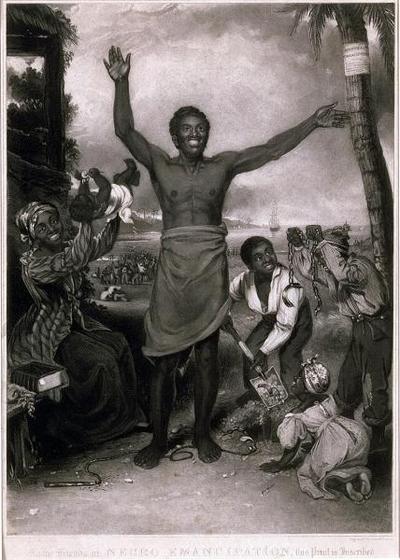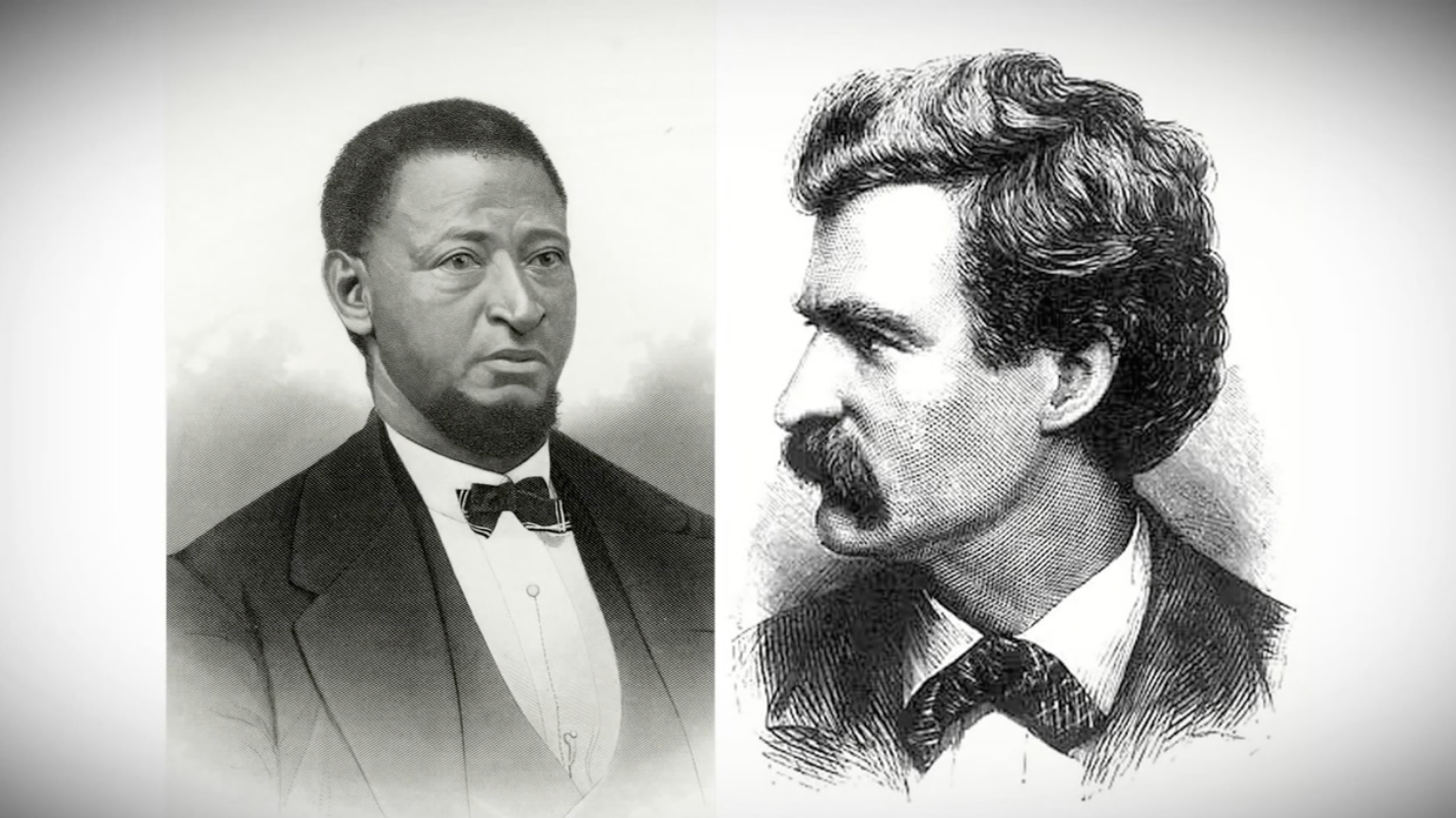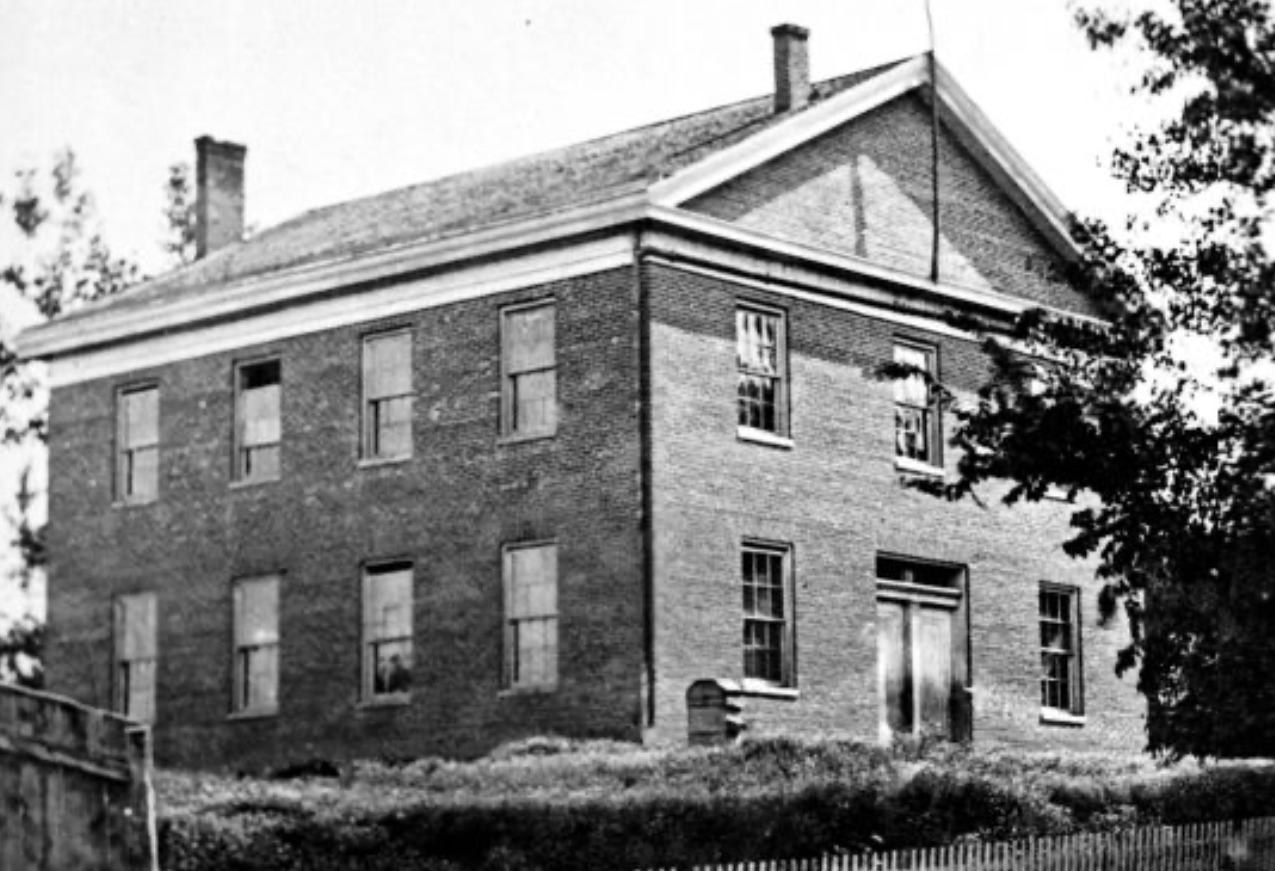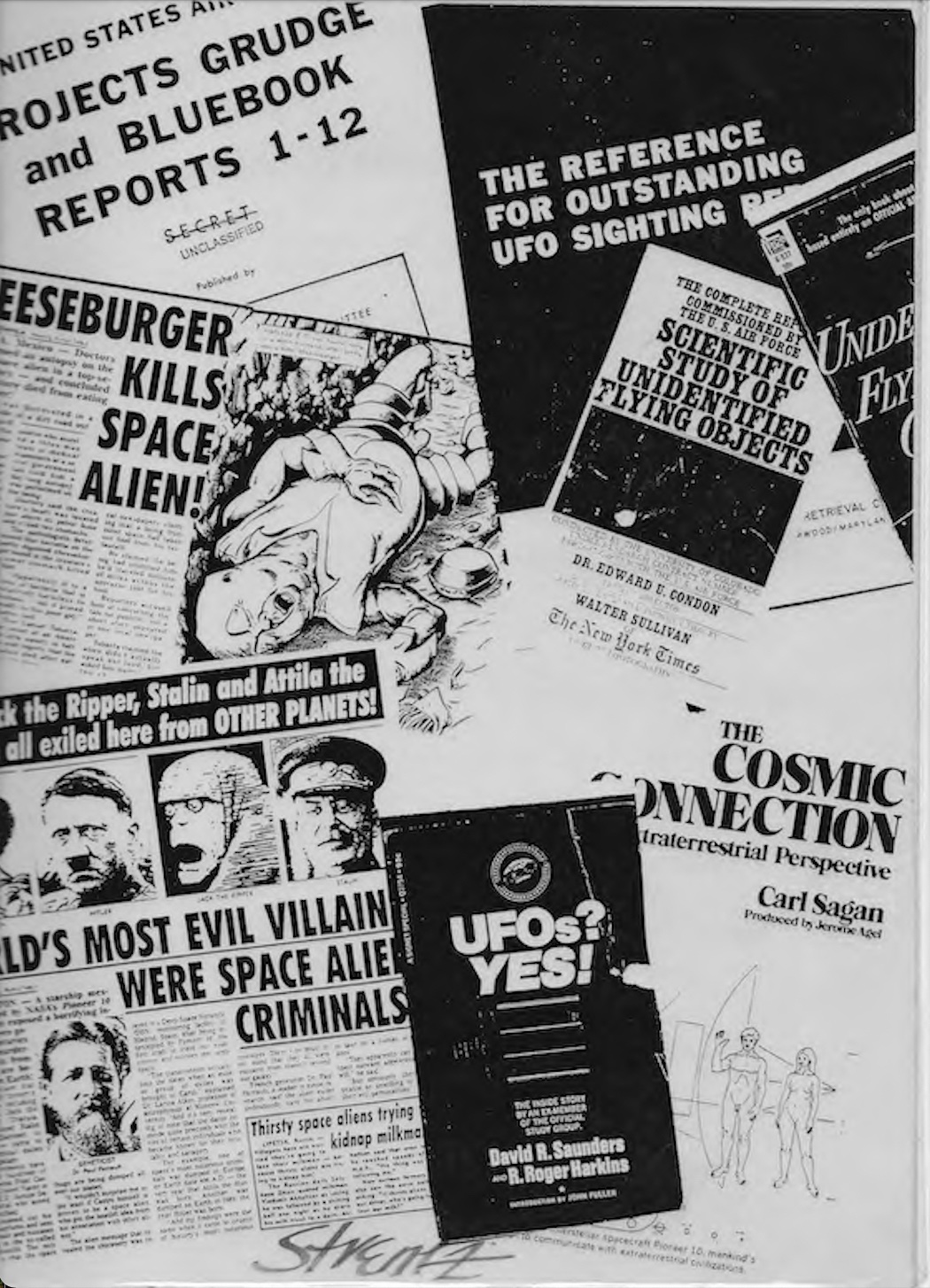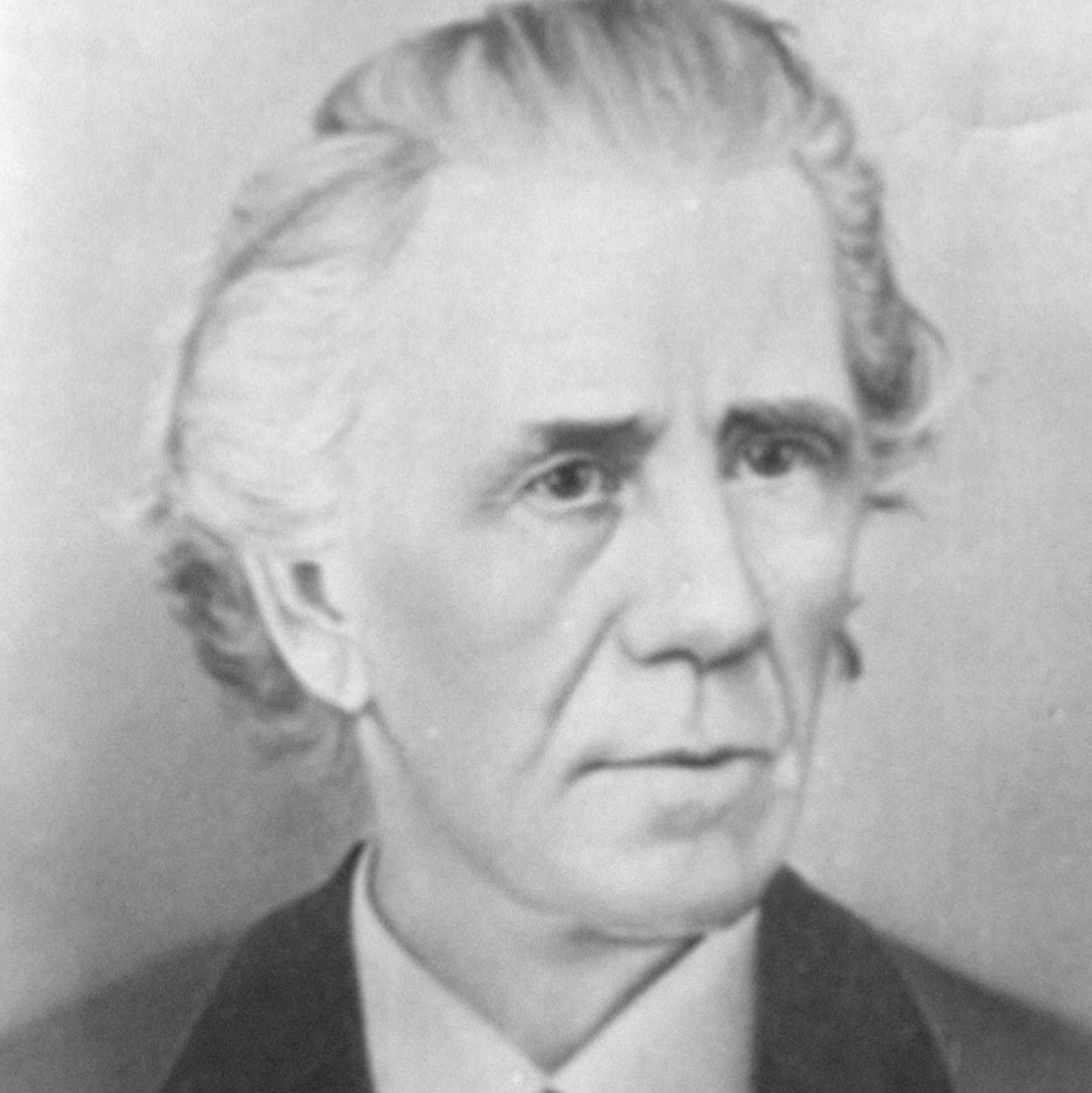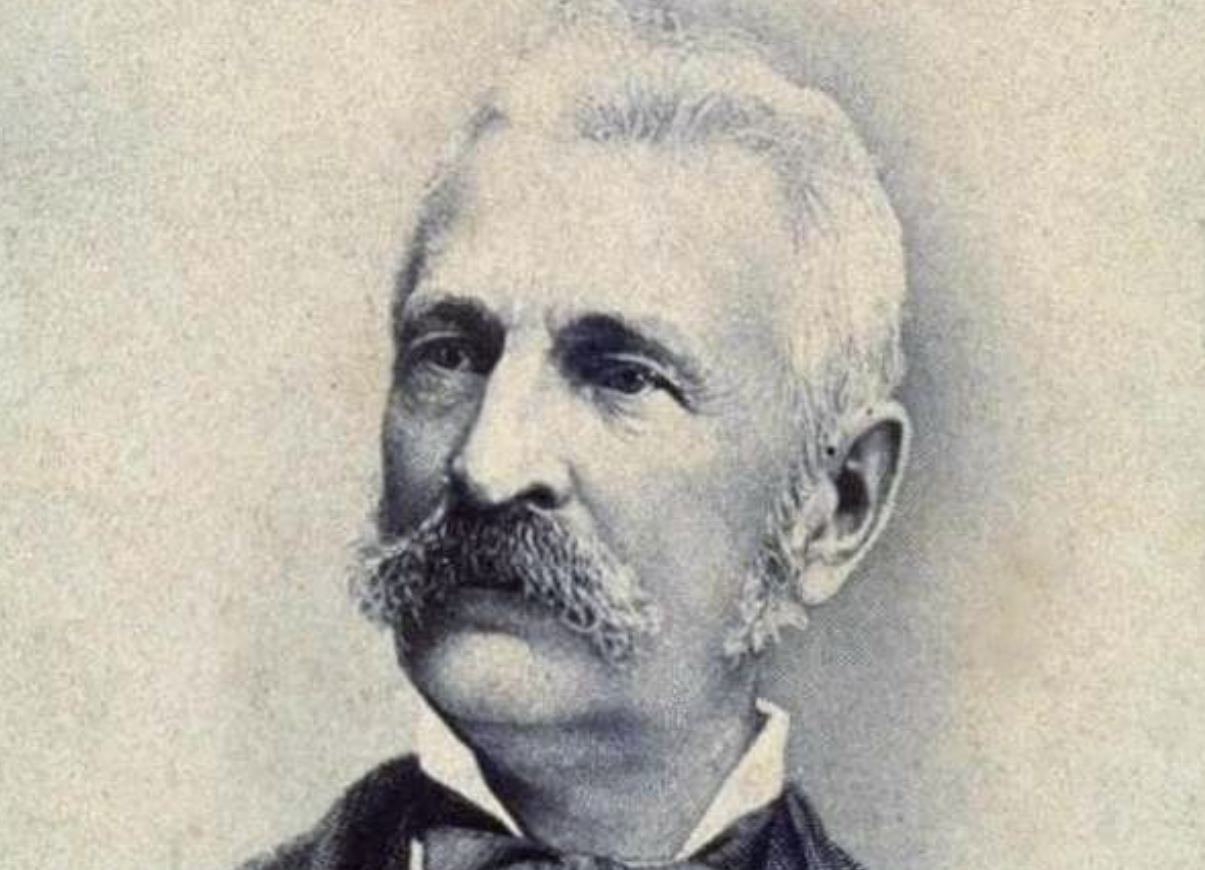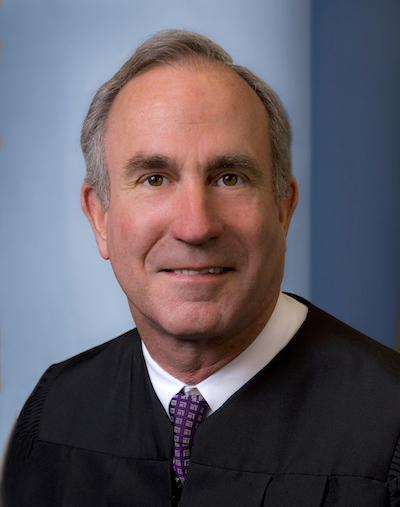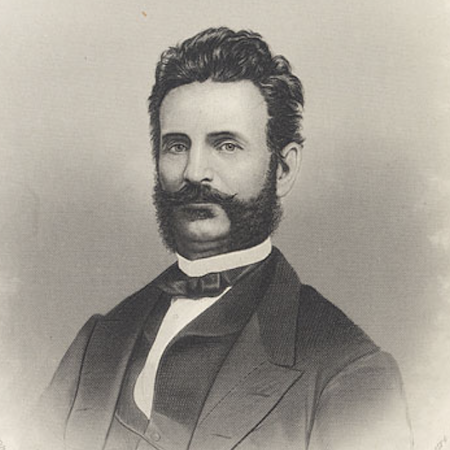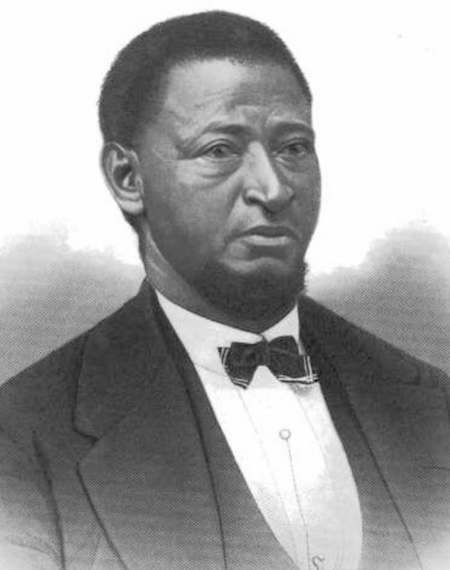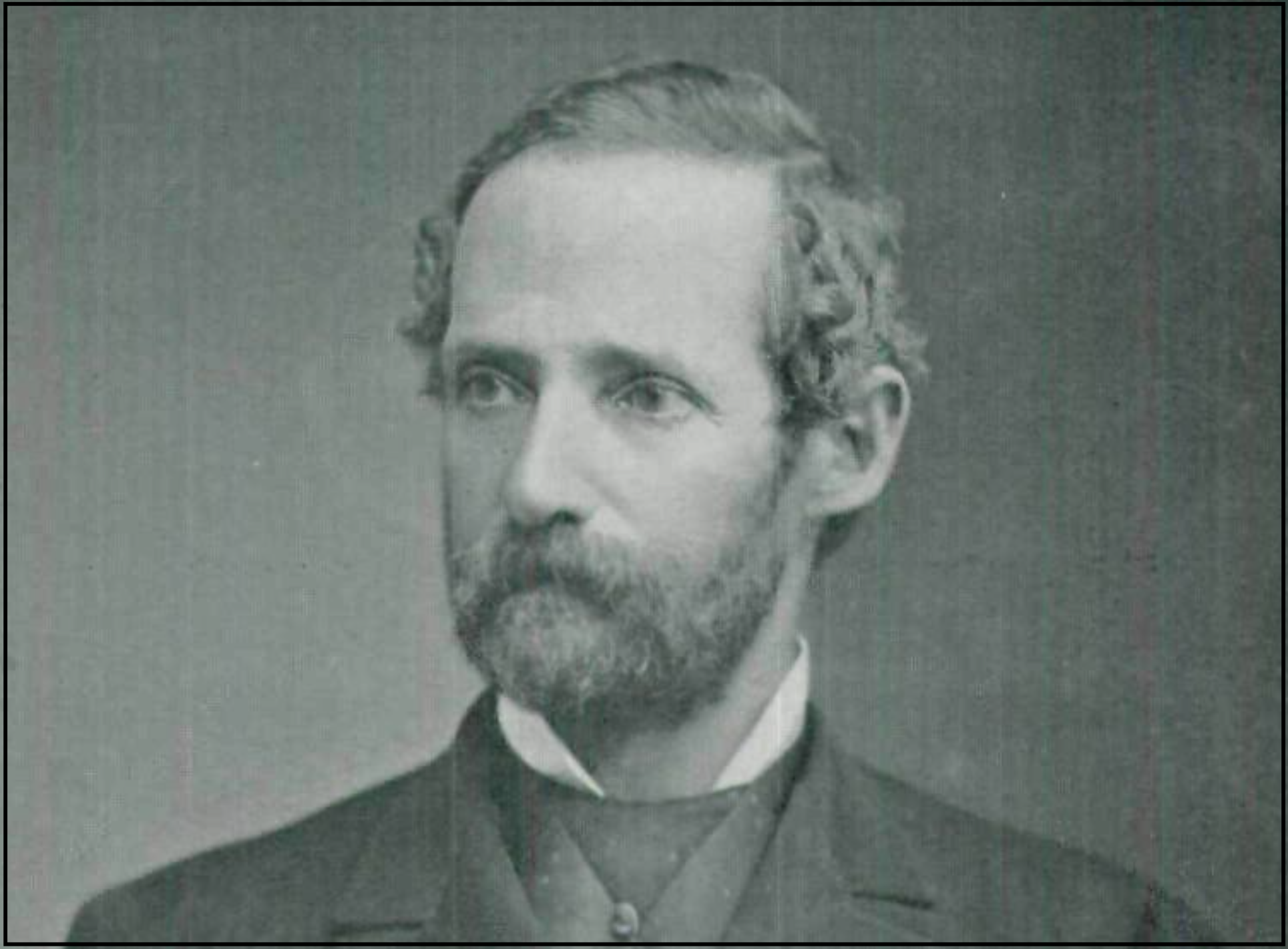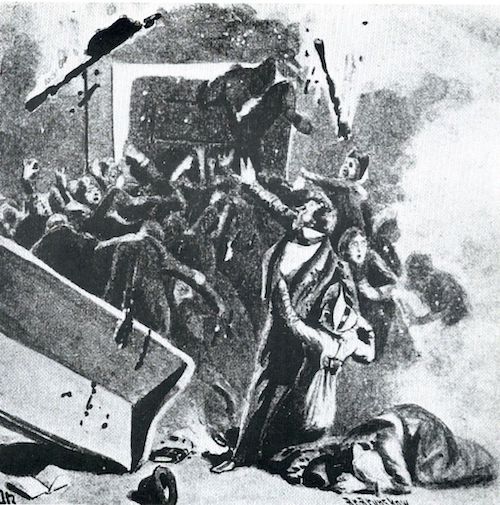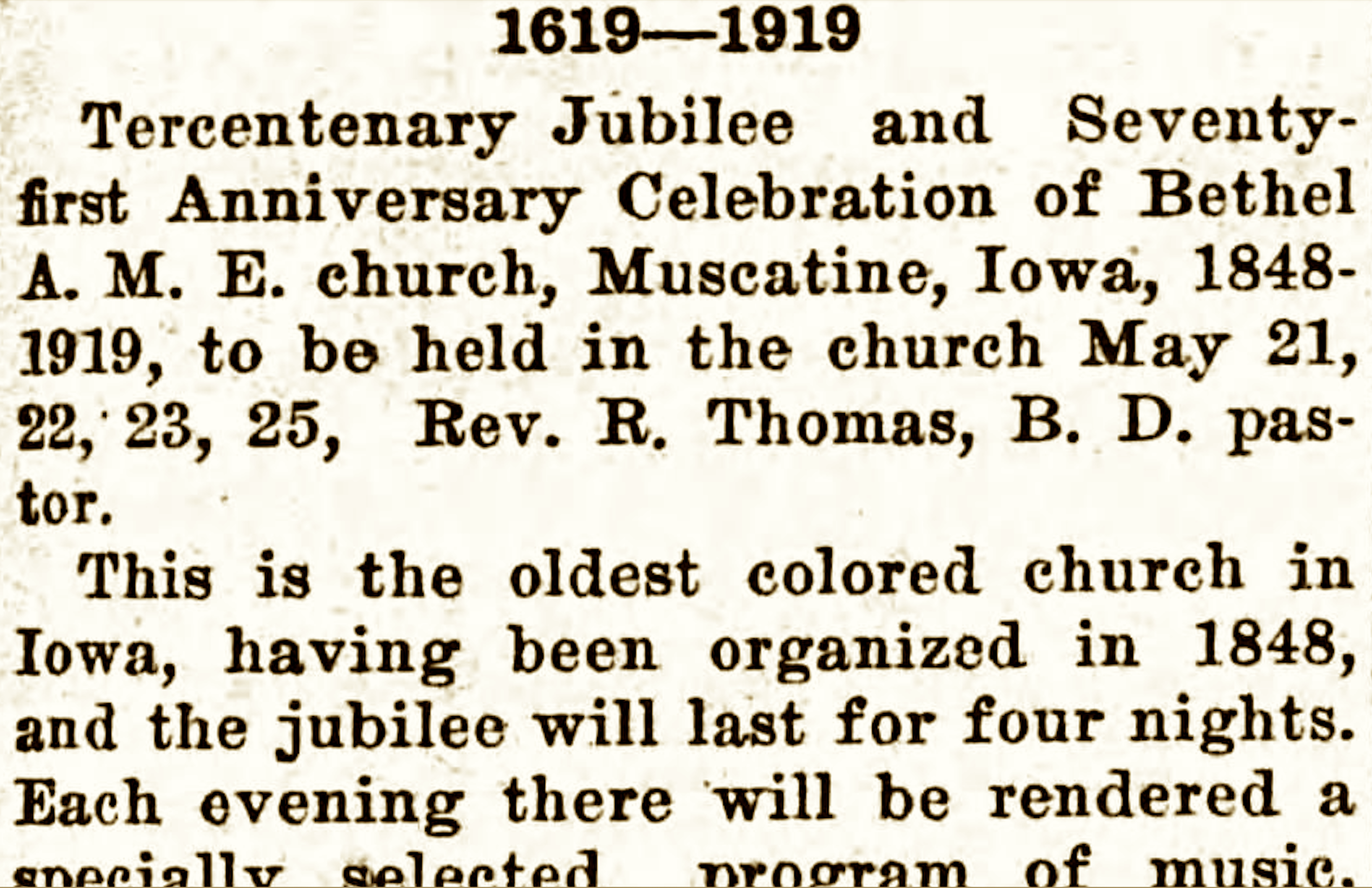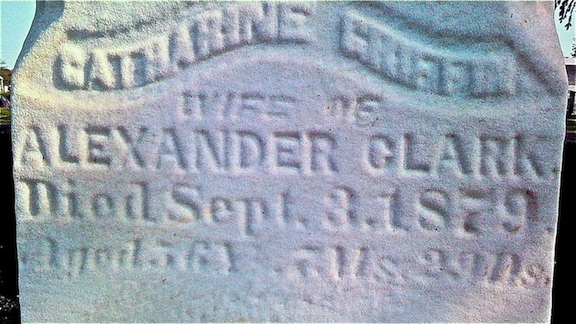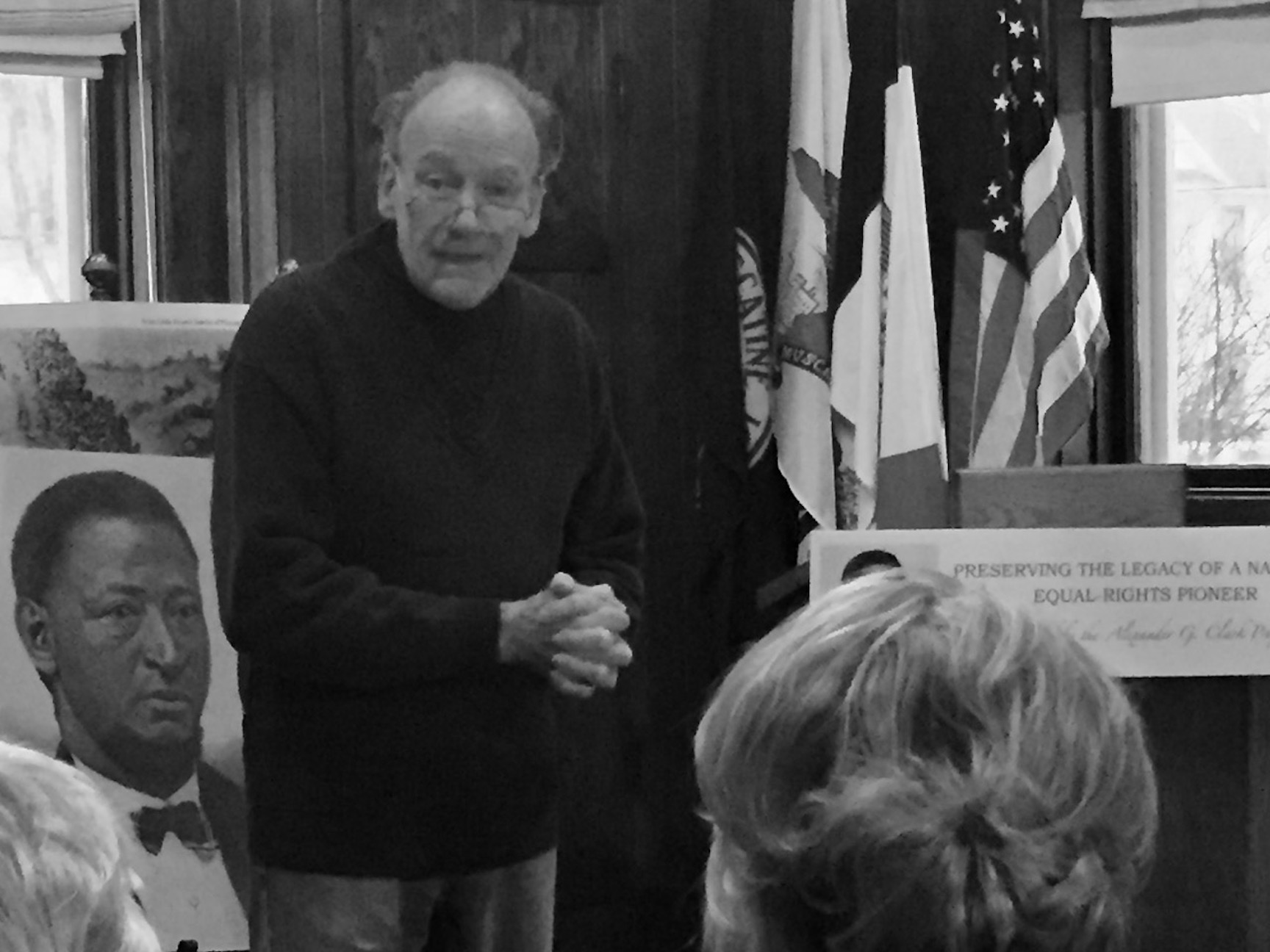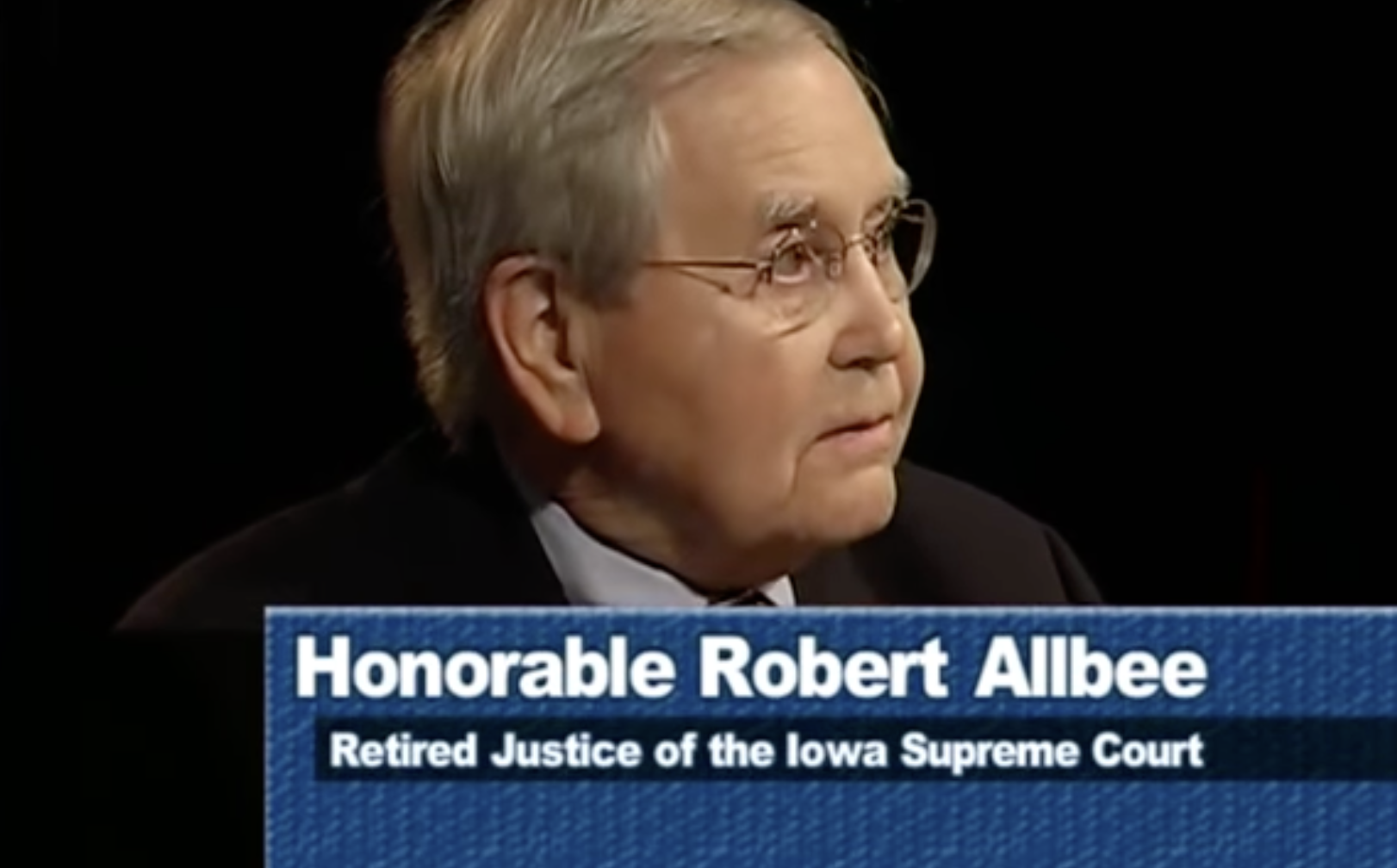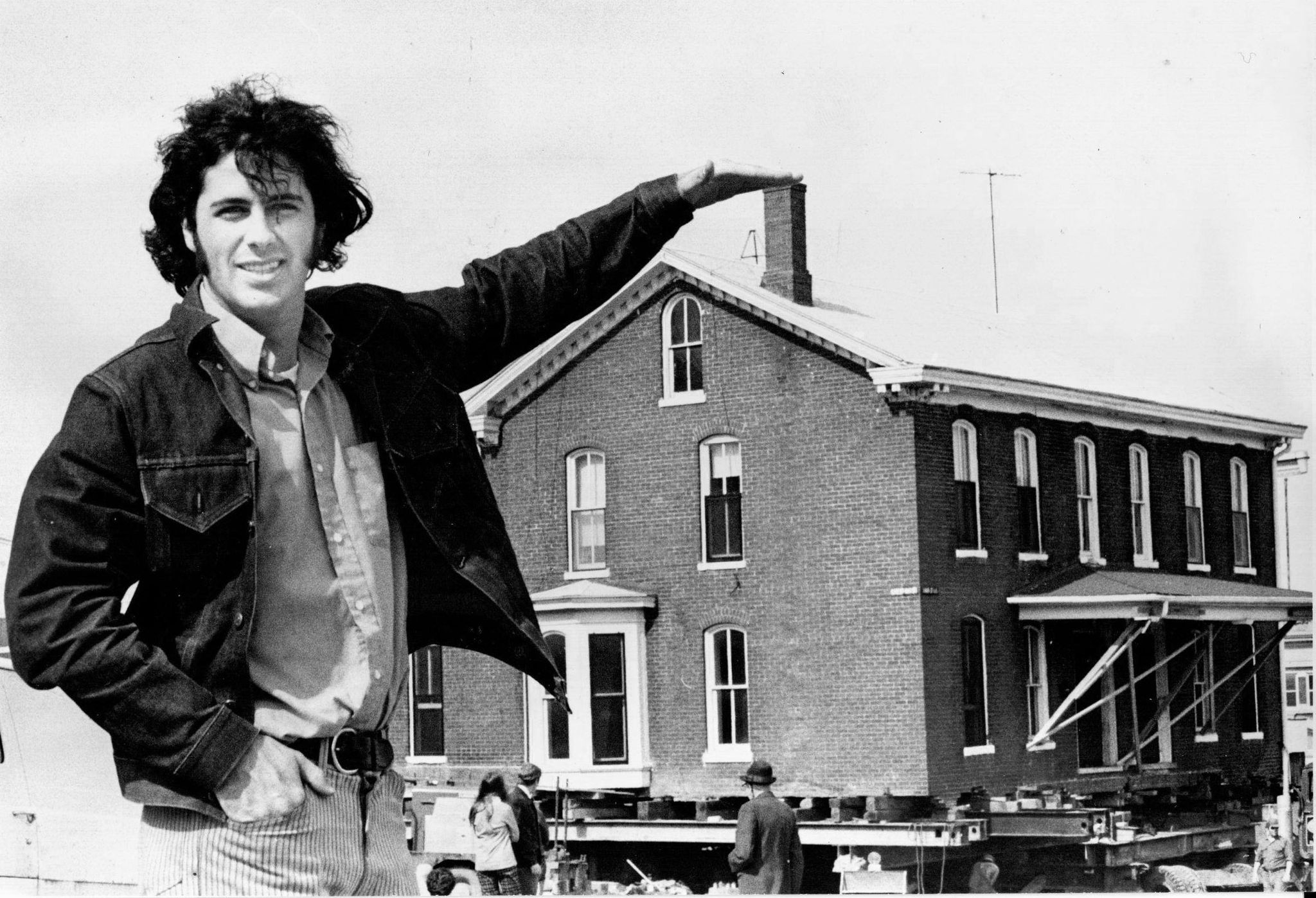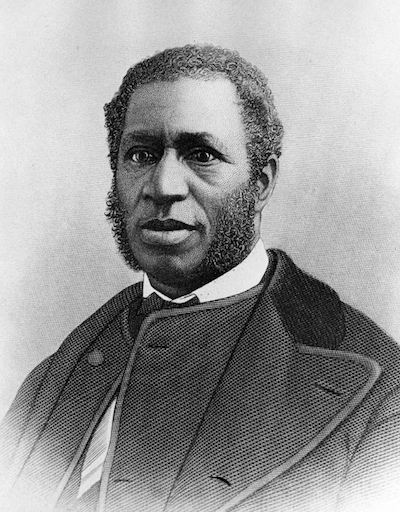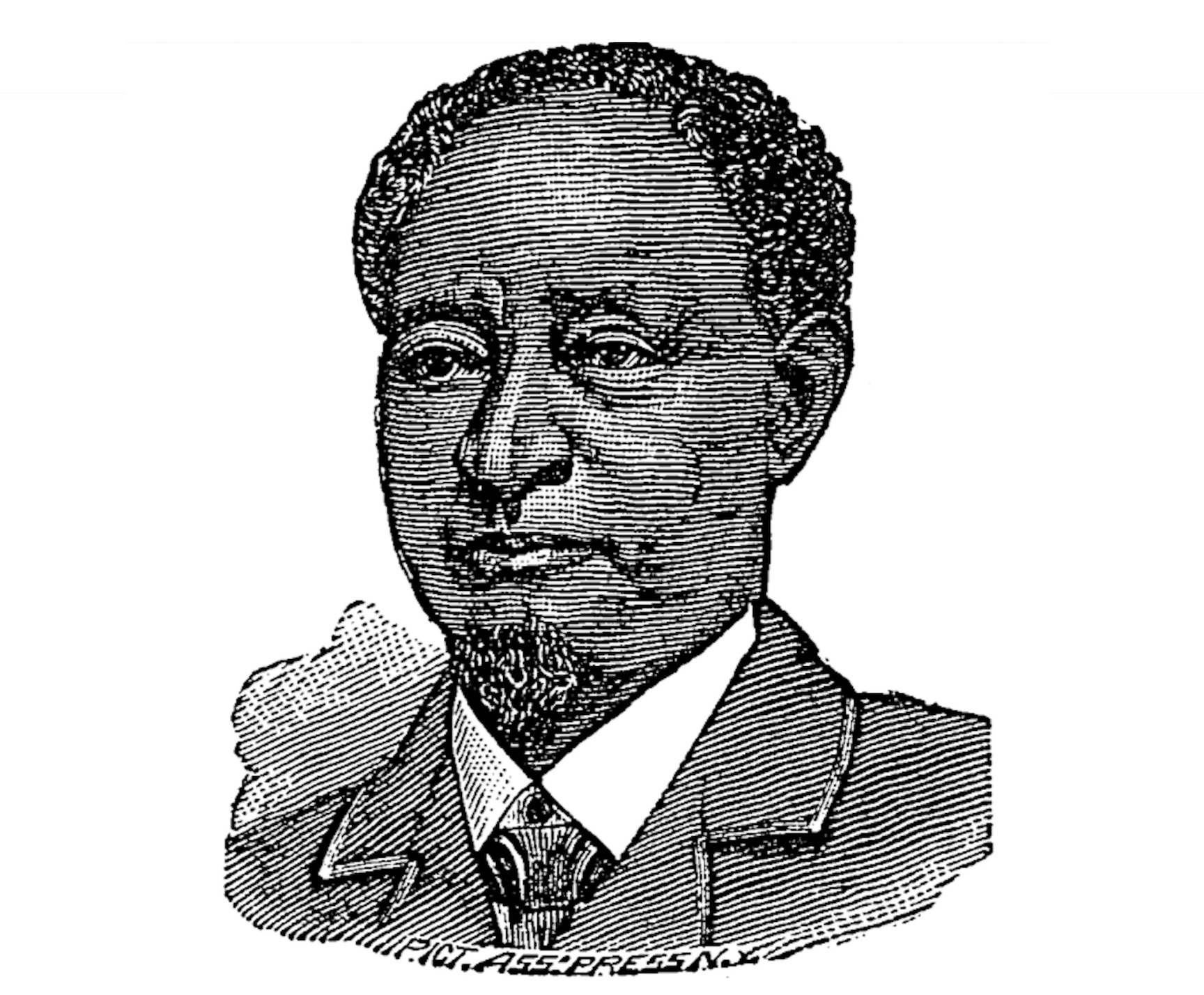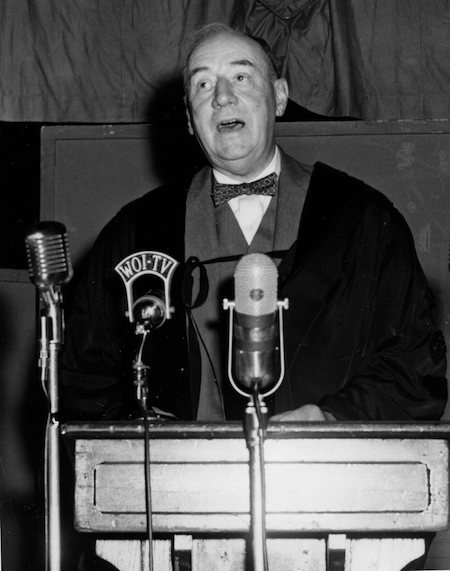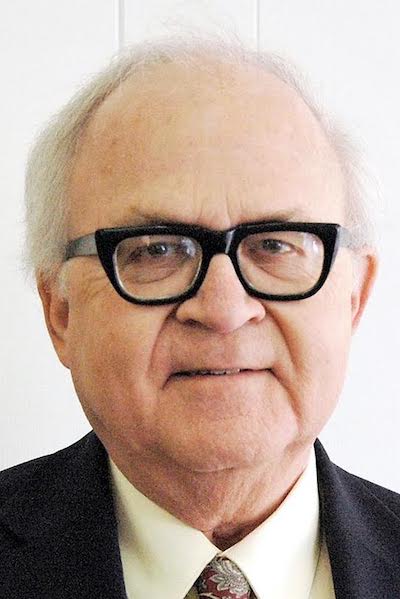Kurt Meyer writes a weekly column for the Nora Springs – Rockford Register, where this essay first appeared. He serves as chair of the executive committee (the equivalent of board chair) of Americans for Democratic Action, America’s most experienced liberal organization.
Several weeks ago, working on a writing assignment unrelated to this column, I explored the remarkable career of Patsy Takemoto Mink, a U.S. representative from Hawaii. From 1978 to 1981, she served as President of Americans for Democratic Action, a national advocacy organization currently celebrating its 75th anniversary. Mink’s crowning legislative achievement was guiding Congressional passage of Title IX, signed into law by President Nixon on June 23, 1972.
Title IX is a mere 37 words: “No person in the United States shall, on the basis of sex, be excluded from participation in, be denied the benefits of, or be subjected to discrimination under any education program or activity receiving Federal financial assistance.”
Two items worth noting: First, while the law clearly forbids gender discrimination, athletics is never mentioned. Second, in the intervening 50 years, female participation in high school sports has grown by 1,057 percent, 614 percent at the college level.
Continue Reading...


